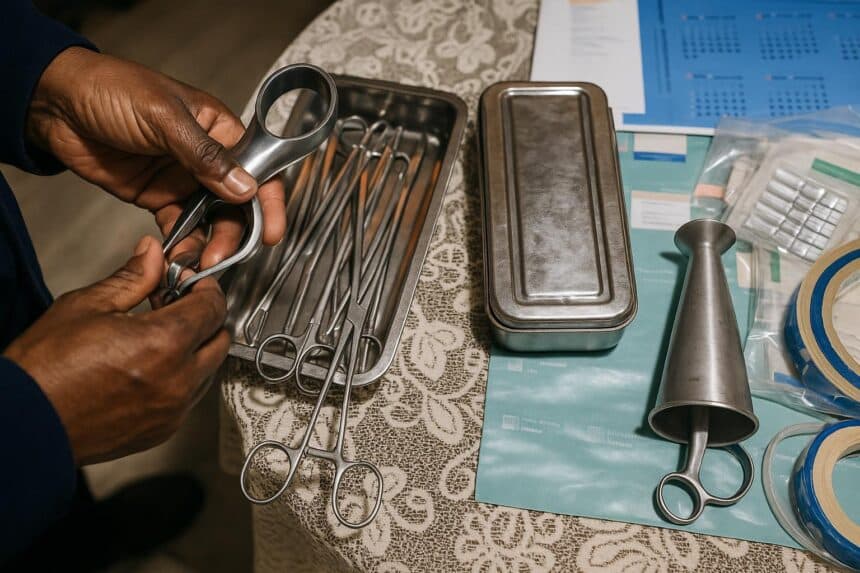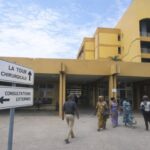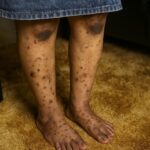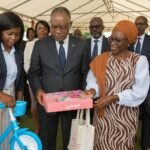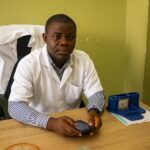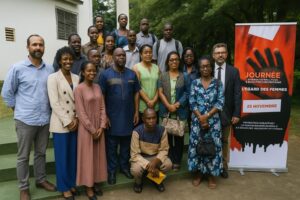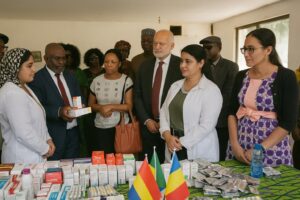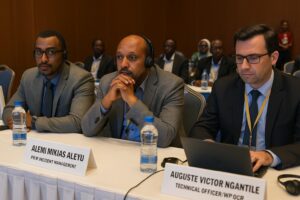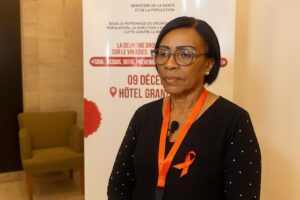Alarming new data on unsafe abortions
More than one quarter of Congolese girls have turned to clandestine abortion, according to fresh figures presented on World Contraception Day. The Association Congolaise pour les Droits et la Santé, ACDS, says the rate reaches 31.3 % among women aged twenty to twenty-four.
The statistics, compiled by the Ministry of Health and Population and relayed during a packed debate at the UNFPA office in Brazzaville, also show a 25.9 % incidence among teenagers aged fifteen to nineteen. Many in the room, mostly pupils and apprentices, gasped at the numbers.
Voices from Brazzaville youth
“I lost a classmate last year after a botched procedure in a back-room clinic,” recalls Marlyse, 19, who attended the session. “We are frightened to seek help because we fear being judged.” Her testimony echoed across rows of quietly nodding peers on the plastic chairs.
James, a 17-year-old apprentice mechanic, said he accompanied two friends to informal providers who used herbs. “We scraped together whatever cash we had. One nearly bled to death,” he confided, insisting that uptake of contraception remains low due to myths and limited supply.
Medical risks and systemic barriers
Unsafe abortion is now the leading preventable cause of maternal death among Congolese adolescents, accounting for a quarter of fatalities among girls aged ten to twenty-four, according to the ministry data. The national maternal mortality ratio stands at 304 deaths per 100 000 live births.
Dr Félicité Samba, obstetrician at Brazzaville-Makelekele Hospital, explains that patients often arrive after ingesting household bleach or perforating the uterus with knitting needles. “By the time we see them, infection or haemorrhage is advanced, yet many fear seeking post-abortion care in time,” she laments today.
Limited access to modern contraceptives compounds the emergency. A 2022 UNFPA stock-out survey indicated that two out of five public clinics lacked at least one key method for several consecutive months, mainly implants and injectables, the products most requested by young, discreet users across Congo.
Legal framework under review
Congo’s 1920-era penal code still criminalises abortion except to save the mother’s life. Rights groups argue the strict wording encourages secrecy. “When the law treats girls as offenders, they will hide,” notes ACDS executive director Clarisse Tira, calling for a “balanced, protective approach” toward reform.
Parliament debated a reproductive health bill in 2021 that would allow terminations in cases of rape, incest or severe foetal anomaly, aligning with the Maputo Protocol ratified by Congo in 2012. The text advanced through committee but awaits final reading amid broader legislative scheduling issues.
Meanwhile, the Ministry of Health has expanded youth-friendly corners in public hospitals, offering confidential counselling. Officials stress the initiative serves prevention, not promotion of abortion, and say early feedback shows more teenagers seeking information on contraception rather than arriving in emergency wards.
Partnering for safer reproductive health
UNFPA’s resident representative Marie-Françoise Maillet praises the Congolese government for “opening dialogue with civil society and faith leaders to protect young lives”. She highlights a joint programme that equips midwives with manual vacuum aspiration kits and trains them to deliver respectful, stigma-free post-abortion care nationwide.
Local start-up SangoTech has developed a low-bandwidth mobile app that lists pharmacies stocking contraceptives and geolocates the nearest youth centre. Since its beta launch in August, the platform has logged 12 000 searches, with Pointe-Noire and Brazzaville accounting for three-quarters of traffic in the first month.
Faith-based organisations are also joining the effort. The Council of Catholic Women recently ran workshops focusing on natural family planning and parenting skills. “We may differ on abortion, but we agree on preventing deaths,” explains Sister Clémence Nkala, welcoming government-funded commodity vouchers too.
Private obstetrician Dr Ange Oba adds that subsidising ultrasound scans for students could reduce late recognition of pregnancy. “Many young women only realise they are expecting in the second trimester. By then, desperation pushes them to dangerous solutions that a ten-dollar scan might prevent.”
Forward-looking initiatives
The Ministry plans to roll out comprehensive sexuality education in secondary schools next academic year, starting with pilot lessons in Brazzaville and Oyo. Teachers will receive training from the national institute of pedagogy, while parent committees will be consulted to align content with cultural values.
A new surveillance dashboard, developed with the African Union’s Centres for Disease Control, will track maternal deaths in real time. Health officials believe the tool, coupled with community alert lines, will identify hotspots, improve ambulance dispatch and ultimately drive the maternal mortality figure downward nationwide.
Back at the UNFPA auditorium, the young participants signed a banner reading “Our health, our future”. Their demand is simple yet urgent: accurate information, accessible services and a legal environment that values their lives. As dusk fell, their voices carried a quiet determination into night.
Stakeholders agree the momentum must translate into budget commitments during the upcoming 2025 finance talks.

